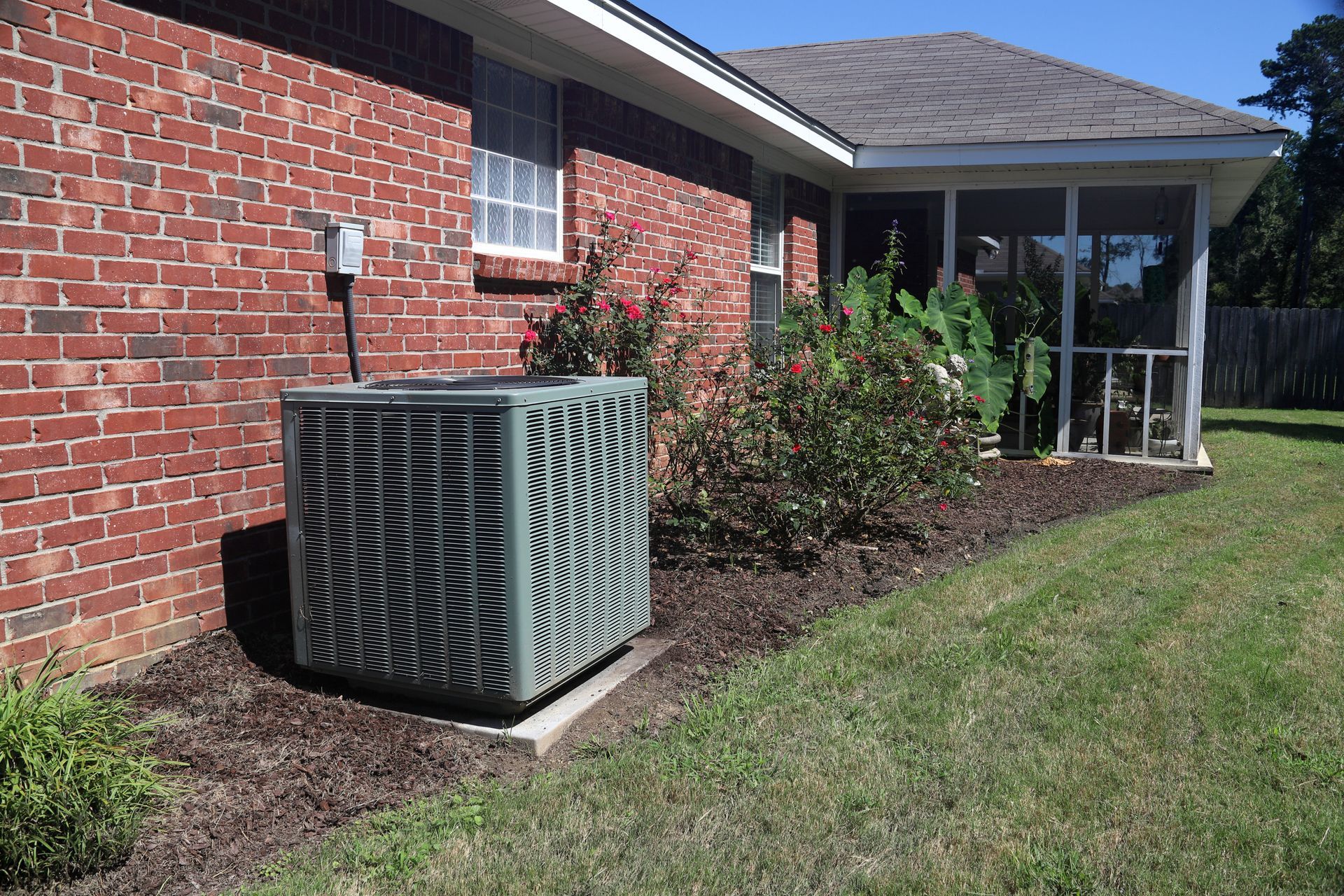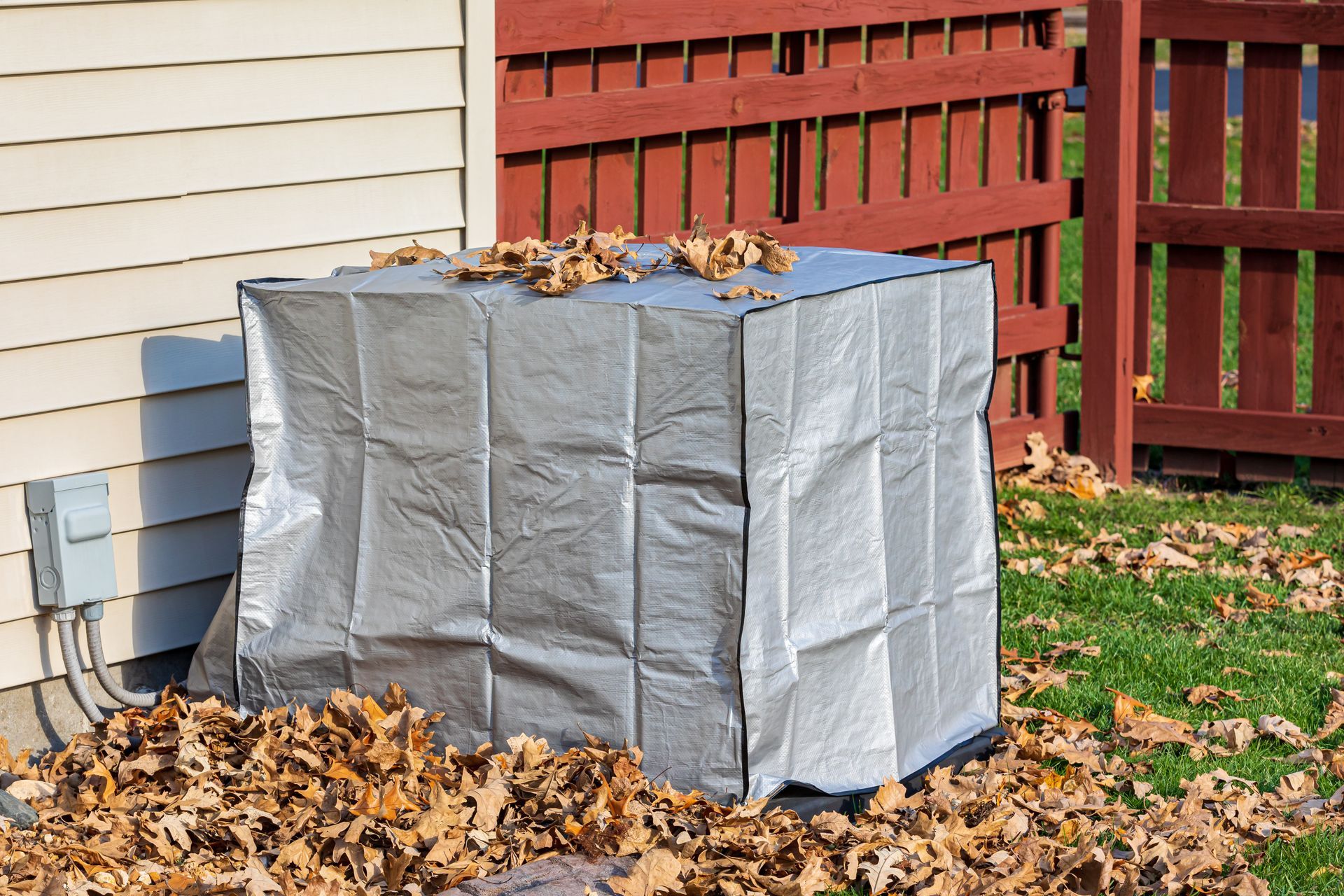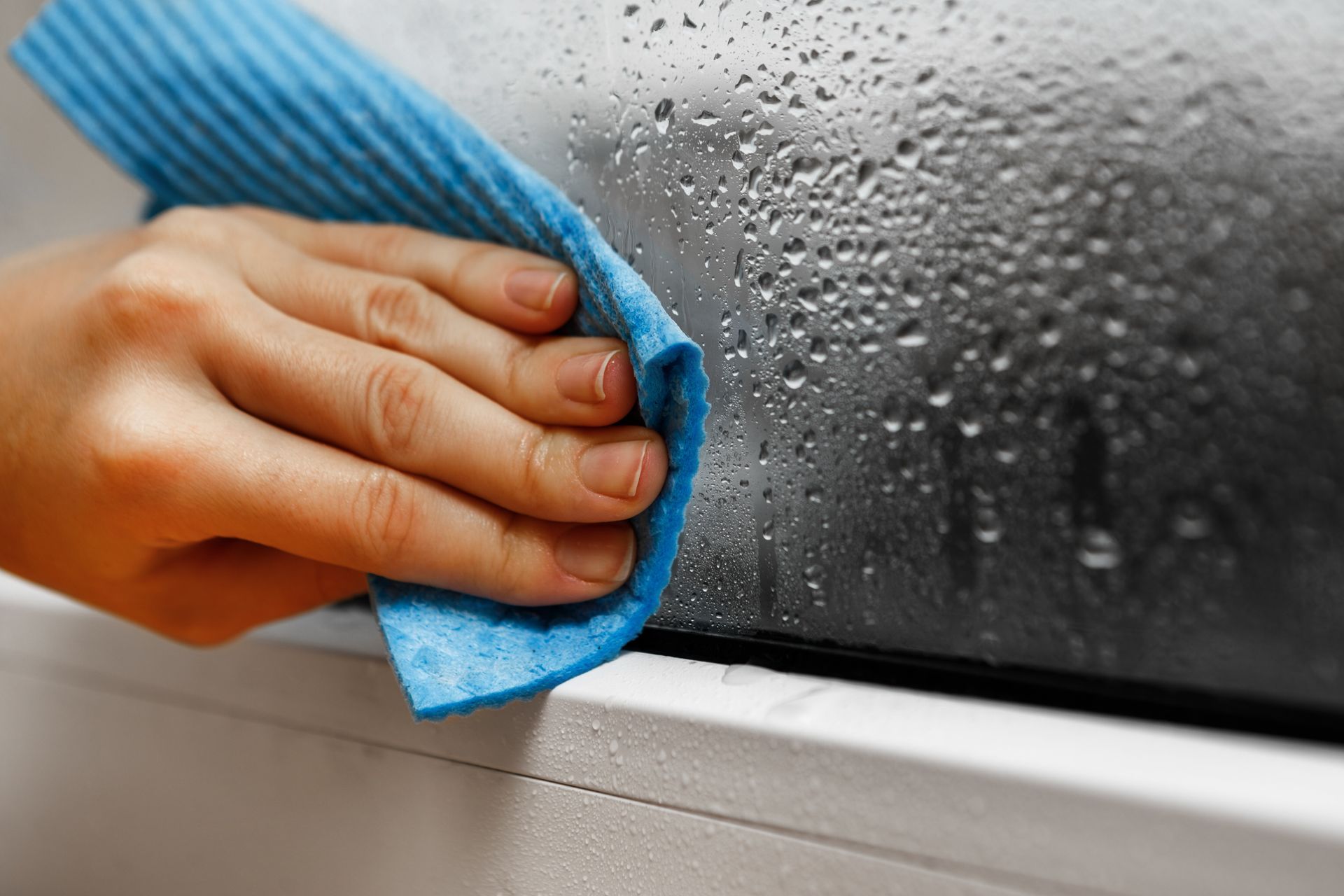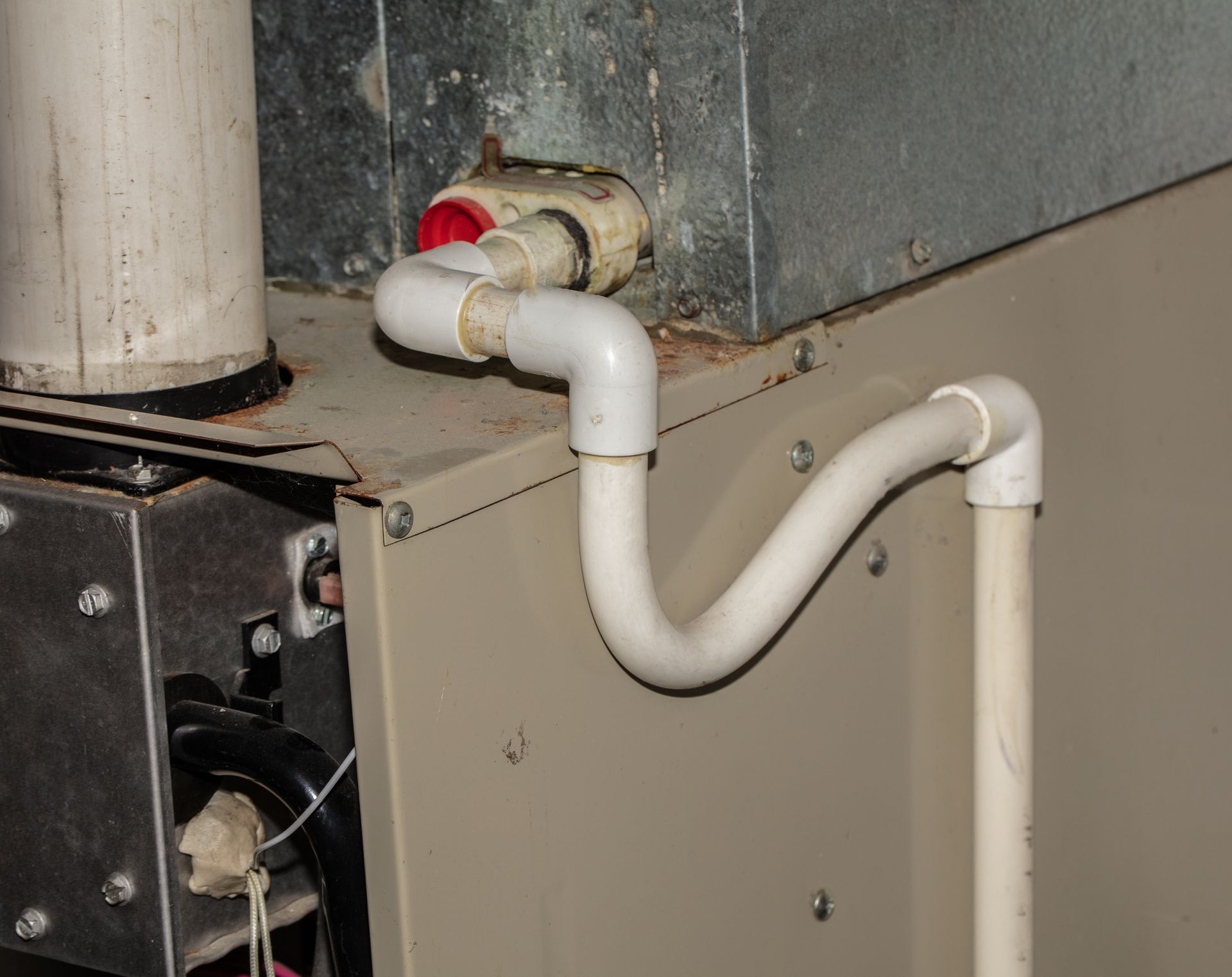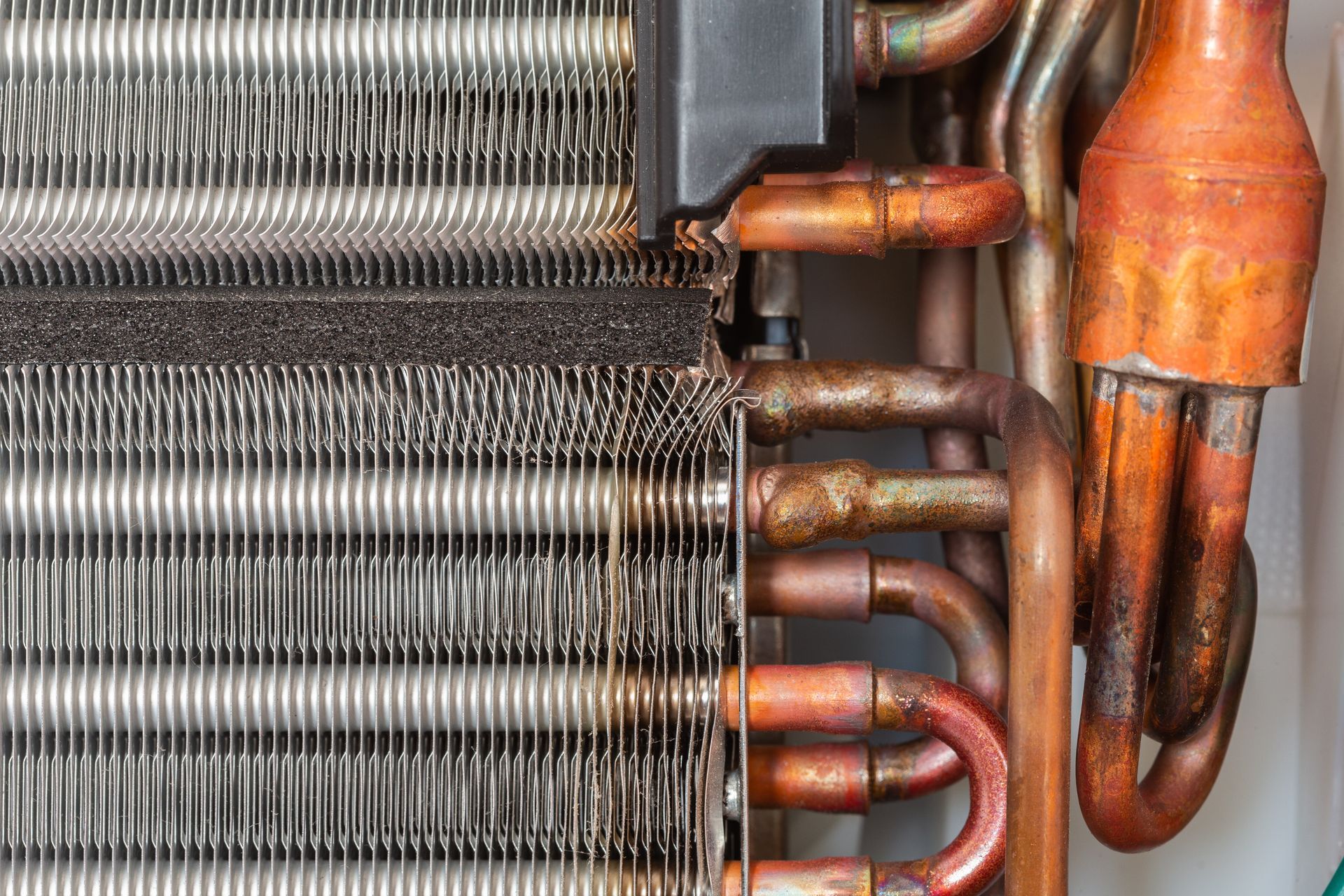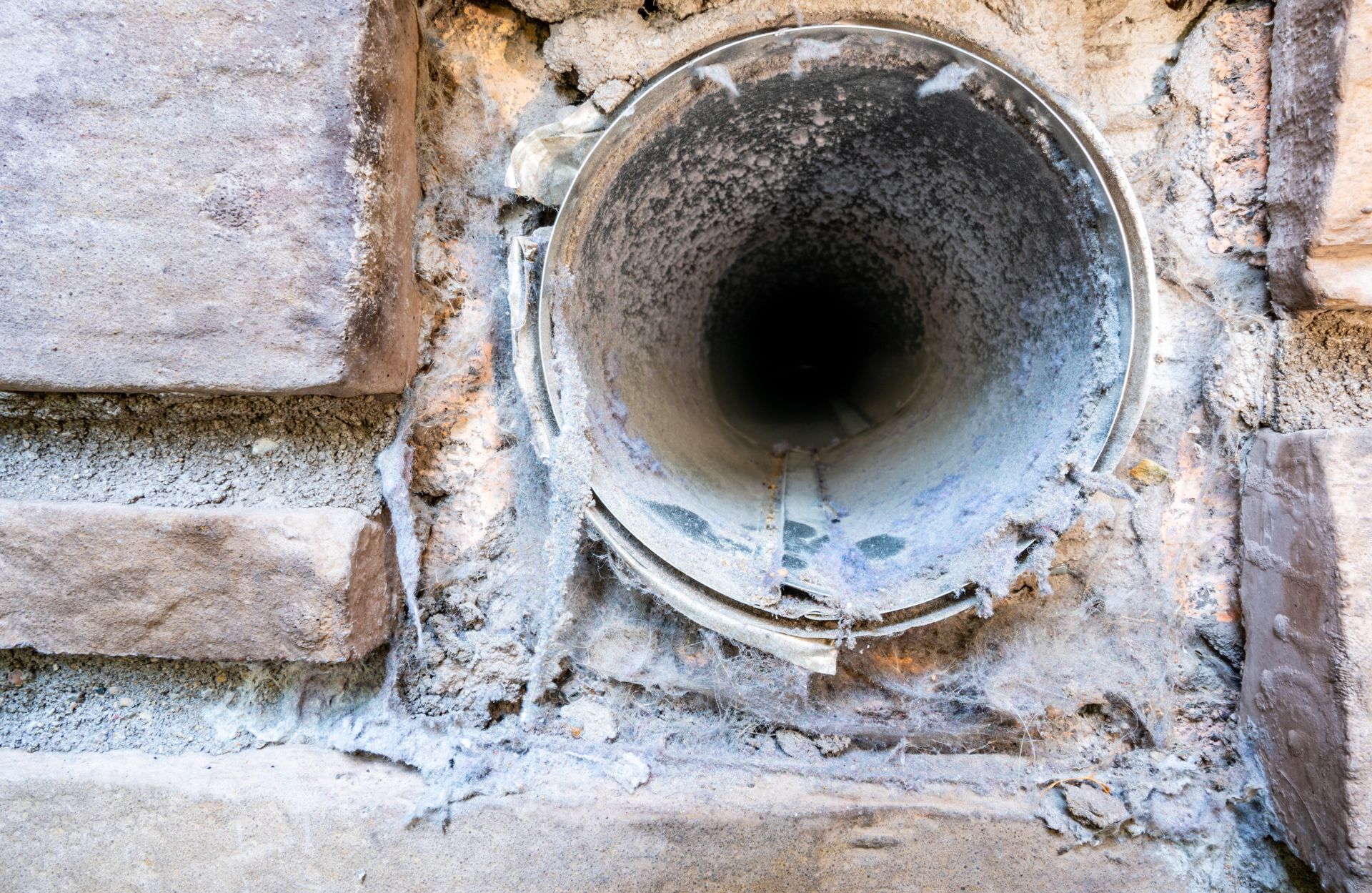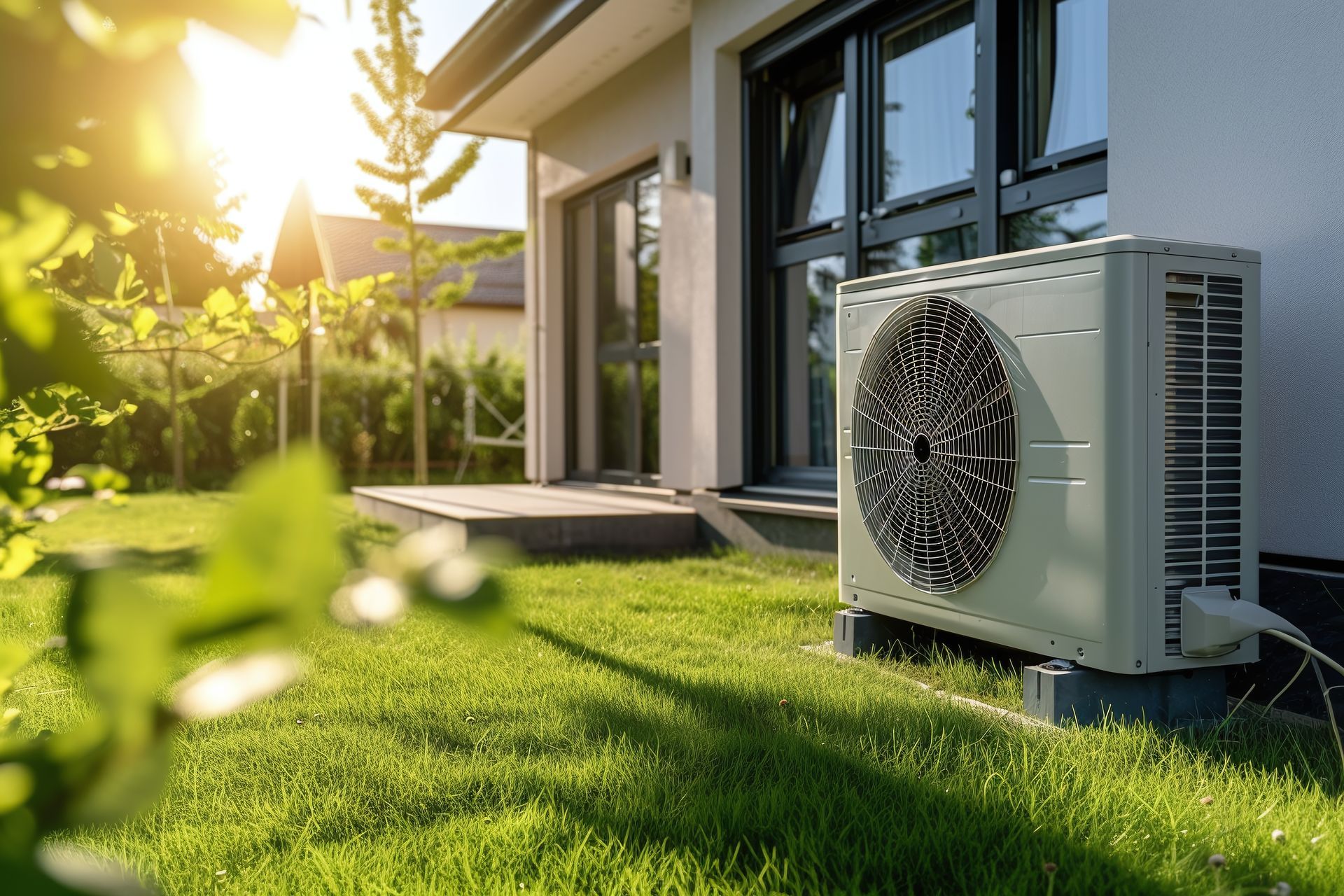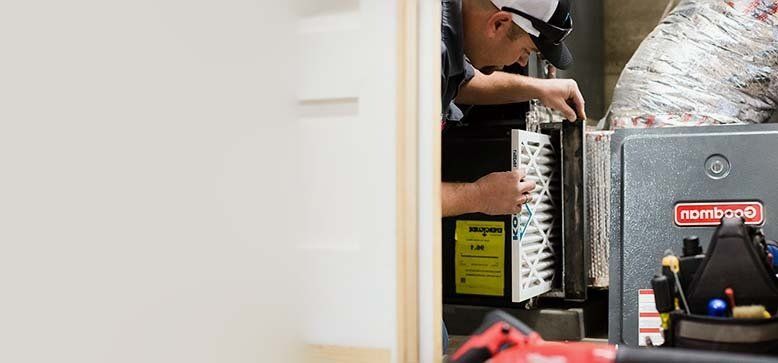Why Do I Have a Frozen AC Coils?
Frozen AC Coils
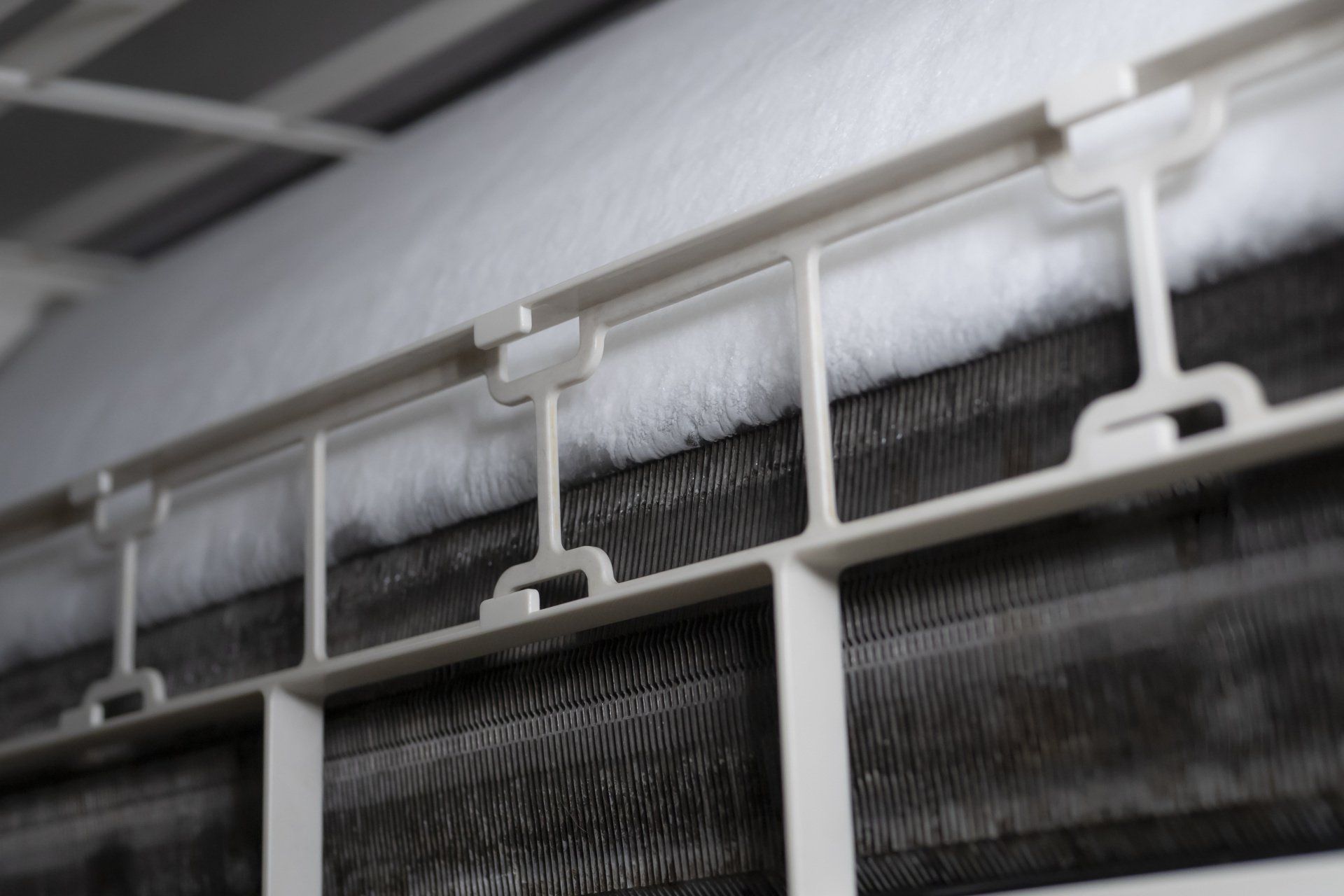
Frozen AC coils is a common home related issue which can cause major problems for your home’s HVAC system. As summer temperatures in California stretch even longer, it would be a bad time for your air conditioning unit to fail and require repairs. With proper maintenance and monitoring to ensure warning signs are caught early, AC coil freezing should be kept to a minimum. However, if your AC unit does not get regular care and inspection, frozen coils could become a recurring issue that will shorten the lifespan of your HVAC system. Call today to get a technician out for a quick inspection!
Wondering Why Your AC Coils Are Frozen?
Understanding how an air conditioning unit works makes trouble shooting frozen AC coils easier. That said, it’s important to know that these coils are meant to be kept cold enough to remove the heat from the air that passes through them but not cold enough where it would freeze. If the coils start to freeze, the formation of ice will continue until the coils are completely encased. This causes mechanical failures in other parts of HVAC system like the fans and compressor which must work harder with one part of the system failing and burdening the rest.
What Causes an AC Coil to Freeze?
AC coils will freeze for several reasons: the most common being airflow, refrigerant levels, and mechanical failure.
List of Services
-
1. Air filters are too dirty and are suffocating the HVAC system.List Item 1
Air conditioners need a healthy flow of clean air to effectively cool the temperature. If a system has poor circulation, the coils will start to freeze.
-
2. Fan is broken and not circulating air properly.List Item 2
If the fan pulling air through the AC unit has failed due to a motor problem or broken fan blade, the coils will not have any airflow and will start to freeze.
-
3. Blocked condensate lines introduce water around evaporator coils causing the water to freeze.List Item 3
Condensate lines draw away excess water accumulated from condensation. This is usually discharged, but if the line is blocked, the trapped water will generally freeze by the evaporator coils. This causes the water overflow to also freeze around the coils.
-
4. Broken thermostat may cause AC unit to overwork which could cause AC coils to freeze over time.List Item 4
If the AC thermostat fails to identify the correct temperature, it can accidentally run for far longer than necessary. This could cause a system to gradually freeze over without any down time to let ice build up melt.
-
5. Leaking refrigerant can result in inability to extract heat properly causing coils to freeze.
Without refrigerant to help regulate the pressure and temperature, heat wouldn’t be extracted. A change in pressure will absorb too much heat allowing the coils to freeze.
-
6. Dirty evaporator coils prevent optimal heat absorption.
If they become too dirty, there is a good chance this could cause the coils to freeze. The coils will benefit from occasional cleaning to ensure that the coils are kept free of debris.
Signs of a Frozen AC Coil
No matter what the cause is, the impact it has is that your AC’s performance suffers. A few good indicators that you have frozen AC coils is:
- AC unit doesn’t pump cold air
- Restricted or weak air flow
- Ice is visible on and component of the AC unit
- Visible moisture around your AC unit
Troubleshooting Frozen AC Coils
If you have diagnosed your AC problem and determined it to be frozen coil related, there are a few things that you can do to trouble shoot your situation.
- Check & replace air filter if necessary. Dirty air filters can clog an AC unit and prevent the proper airflow necessary to keep the system working optimally.
- Turn thermostat off and allow system to thaw for several hours. Sometimes this is all that is necessary to allow ice to break down. This method may result in a mess if the coils have frozen to the point of being completely encased in ice. However, it is critical to ensure that the system doesn’t run while frozen to prevent compressor failure.
- If a defrost or thaw mode exists, use that and follow any instructions for dealing with ice.
- Whatever you do, DO NOT attempt to chip away at the ice because there is a chance that the coils could be damaged or punctured in the process.
How Do You Fix a Broken AC Coil?
If the steps above didn’t help your AC output problems, it may be time to call some professional help. During our inspection, we will check your system and make recommendations for repair. Our services include:
- Coil cleaning: Coils covered in debris prevent optimal heat exchange which eventually leads to ice buildup. A licensed GS HVAC technician will help clean the hard to access coils and remove any build up to ensure optimal performance.
- Refrigerant leak refills: Our technicians are trained in how to handle these volatile and dangerous chemicals and how to identify areas with possible leaks. We can make system repairs to prevent further discharge and ensure that the AC system is properly charged.
- Duct / fan repairs: Air flow problems generally stem from either a ducting issue or a problem with the intake fan. Both of which will be examined to ensure optimal performance and air flow.
- Drain / repair clogged lines: Condensate lines that are clogged will need to be cleared to allow the discharge of humidity collection.
- Replace AC filter: Blocked airflow due to a dirty air filter is likely the easiest low hanging fruit solution to frozen coils. This will be the first thing that is examined to determine if the AC unit is running optimally.
Preventative Maintenance to Keep Coils Working Great
All of the problems related to frozen AC coils is easily preventable with the proper maintenance and upkeep. This type of maintenance plan generally includes quarterly to biannual inspections and ongoing servicing. GS Home Services would find early signs of AC coils freezing to ensure that the problem never got out of control. Regular servicing would remove debris and ensure supporting systems were all working efficiently to minimize AC coils freezing over.


